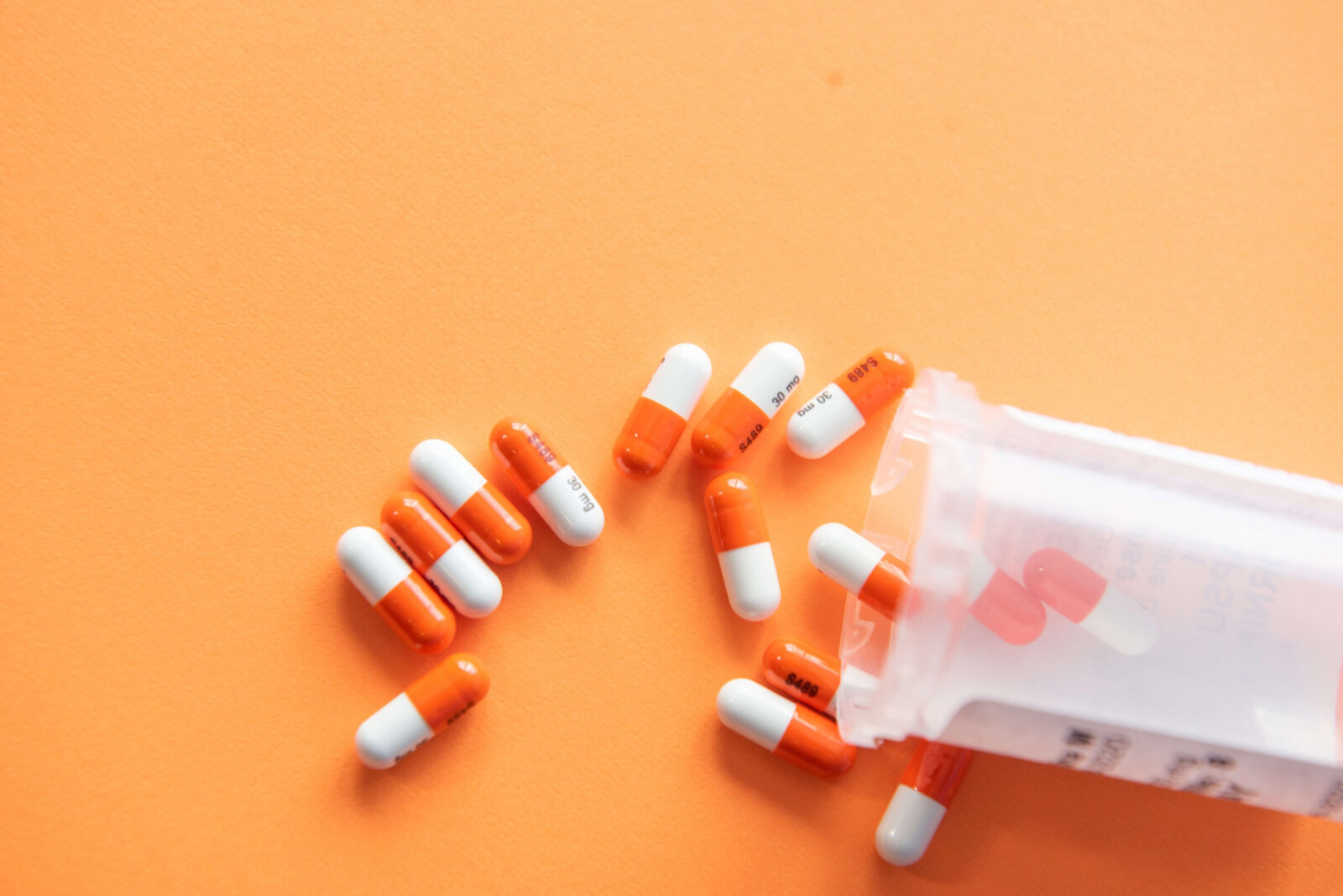
Understanding Addiction & Substance Recovery
Breaking Free: Hyperbaric Oxygen Therapy in Addiction Recovery
Addiction is a complex and chronic condition characterized by compulsive drug seeking and use despite harmful consequences. Substance abuse can lead to profound physical, psychological, and social issues, making recovery a challenging journey for individuals and their loved ones. While traditional therapies such as counseling and medication-assisted treatment play vital roles in addiction recovery, emerging modalities like hyperbaric oxygen therapy (HBOT) offer promising avenues for holistic healing.
The Role of Hyperbaric Oxygen Therapy (HBOT) in Addiction Recovery
HBOT involves breathing pure oxygen in a pressurized chamber, which increases oxygen levels in the bloodstream and tissues. This heightened oxygen concentration promotes cellular repair, reduces inflammation, and enhances overall well-being. While HBOT is not a standalone treatment for addiction, it can complement existing therapies by addressing underlying physiological and neurological factors associated with substance abuse.
Addressing Neurological Impacts of Addiction with HBOT
Chronic drug abuse alters brain chemistry and structure, leading to cognitive deficits, mood disturbances, and impaired decision-making abilities. HBOT has shown promise in mitigating these neurological impacts by promoting neuroplasticity—the brain’s ability to reorganize and form new neural connections. By delivering oxygen-rich blood to damaged brain regions, HBOT supports neuronal repair and regeneration, potentially reversing some of the cognitive deficits associated with addiction.
Managing Cravings and Withdrawal Symptoms
Cravings and withdrawal symptoms are common challenges faced by individuals in early recovery. These intense urges to use drugs can derail progress and increase the risk of relapse. HBOT may help manage cravings and withdrawal symptoms by regulating neurotransmitter activity and restoring balance to the brain’s reward system. Additionally, HBOT’s anti-inflammatory properties can alleviate physical discomfort and promote relaxation, making the withdrawal process more manageable for individuals undergoing detoxification.
Enhancing Emotional Resilience and Mental Well-being
Addiction often co-occurs with mental health disorders such as depression, anxiety, and post-traumatic stress disorder (PTSD). HBOT’s mood-stabilizing effects and stress-reducing properties can provide much-needed relief for individuals grappling with these co-occurring conditions. By promoting the release of endorphins and other feel-good neurotransmitters, HBOT fosters emotional resilience and enhances overall mental well-being, empowering individuals to cope with life’s challenges without resorting to substance use.
Integrating HBOT into Comprehensive Treatment Plans
While HBOT shows promise as an adjunctive therapy for addiction recovery, it is most effective when integrated into comprehensive treatment plans tailored to individual needs. Collaborative care teams comprising medical professionals, addiction specialists, and HBOT providers work together to develop personalized treatment protocols that address the unique challenges and goals of each patient. By combining evidence-based practices with innovative therapies like HBOT, individuals in recovery can access the support and resources needed to build a fulfilling, substance-free life.
Conclusion: A New Frontier in Addiction Recovery
In conclusion, hyperbaric oxygen therapy represents a promising frontier in addiction recovery, offering a holistic approach to healing that addresses the physiological, neurological, and emotional aspects of substance abuse. By promoting cellular repair, managing cravings and withdrawal symptoms, and enhancing emotional resilience, HBOT empowers individuals to break free from the cycle of addiction and embrace a healthier, more fulfilling life. As research in this field continues to evolve, HBOT holds the potential to revolutionize addiction treatment and provide renewed hope for those on the path to recovery.